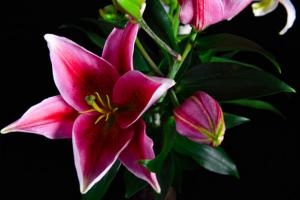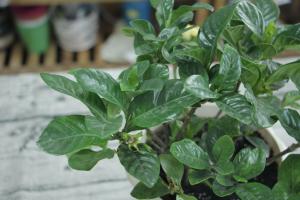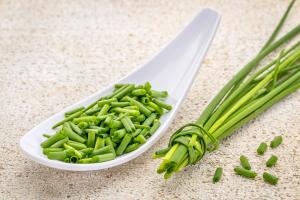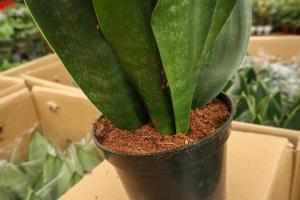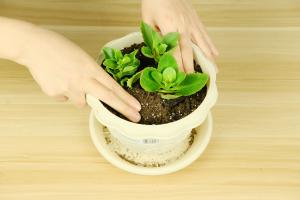Can You Plant Seedlings in Biodegradable Pots?
Biodegradable pots are becoming increasingly popular for growing plants, as they offer a more environmentally friendly alternative to traditional plastic or ceramic pots. However, many people are unsure whether it's possible to plant seedlings in biodegradable pots. In this article, we'll explore the benefits and limitations of using biodegradable pots for growing seedlings.
What are Biodegradable Pots?
Biodegradable pots are made from materials that naturally break down over time, such as peat, coconut husk, or plant-derived plastics. These pots are designed to be planted directly in the ground or in larger pots, eliminating the need to transplant seedlings and reducing waste from traditional pots. Biodegradable pots offer several advantages, such as improved air flow to the roots and better water retention, making them an attractive choice for eco-conscious gardeners.
Planting Seedlings in Biodegradable Pots
One of the main questions people have about biodegradable pots is whether they are suitable for growing seedlings. The short answer is yes, biodegradable pots can be used to grow seedlings. In fact, many commercial nurseries use biodegradable pots for their seedlings, as it allows them to reduce waste and streamline their production process.
When planting seedlings in biodegradable pots, it's important to choose pots that are the right size for your seedlings. If the pot is too small, the seedling's roots may become cramped, while a pot that's too large can cause the soil to retain too much moisture, leading to root rot or other issues. It's also important to use a high-quality potting mix that's appropriate for the type of plant you're growing.
The Limitations of Biodegradable Pots
While biodegradable pots offer several advantages, they do have some limitations. Because they are designed to break down over time, they may not be as durable as traditional pots, which can be a problem if you plan to reuse the pots for multiple growing seasons. Biodegradable pots may also have a shorter shelf life, as they can break down if exposed to moisture or sunlight for too long.
In addition, some biodegradable pots may not be suitable for all types of plants. For example, if you're growing plants that require a lot of water, such as tomatoes or cucumbers, biodegradable pots may not be a good choice, as they can break down too quickly and compromise the plant's growth. It's important to research the specific needs of your plants and choose pots that will provide the best growing conditions.
Conclusion
Biodegradable pots are an eco-friendly alternative to traditional pots, and they can be used to grow seedlings successfully. However, it's important to choose pots that are the right size and type for your plants, and to be aware of the limitations of biodegradable pots. By taking these factors into consideration, you can enjoy the benefits of biodegradable pots while growing healthy and productive plants.

 how many times do yo...
how many times do yo... how many planted tre...
how many planted tre... how many pine trees ...
how many pine trees ... how many pecan trees...
how many pecan trees... how many plants comp...
how many plants comp... how many plants can ...
how many plants can ... how many plants and ...
how many plants and ... how many pepper plan...
how many pepper plan...
